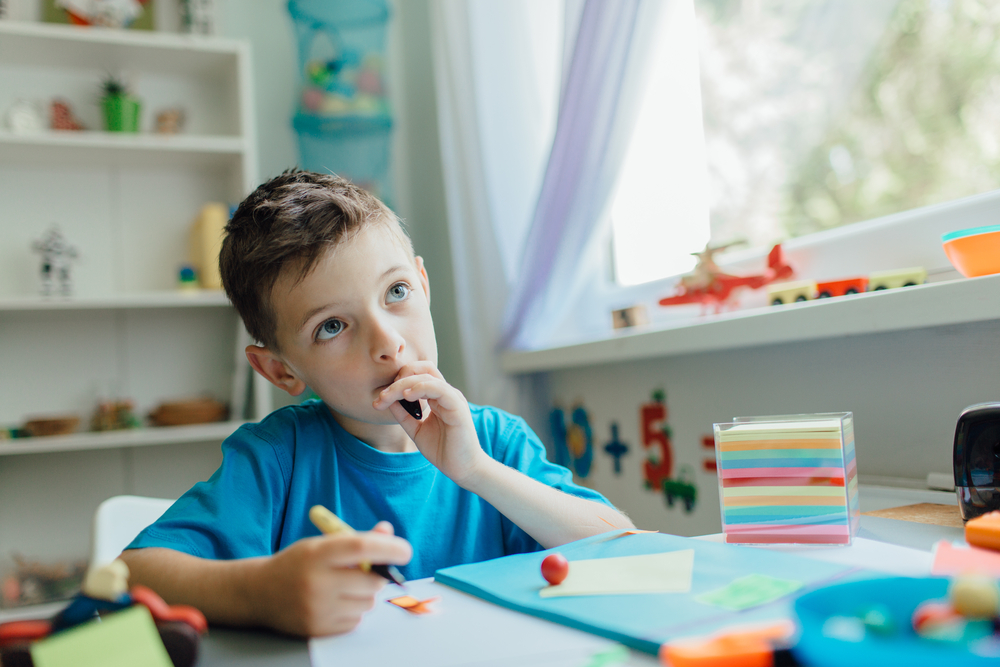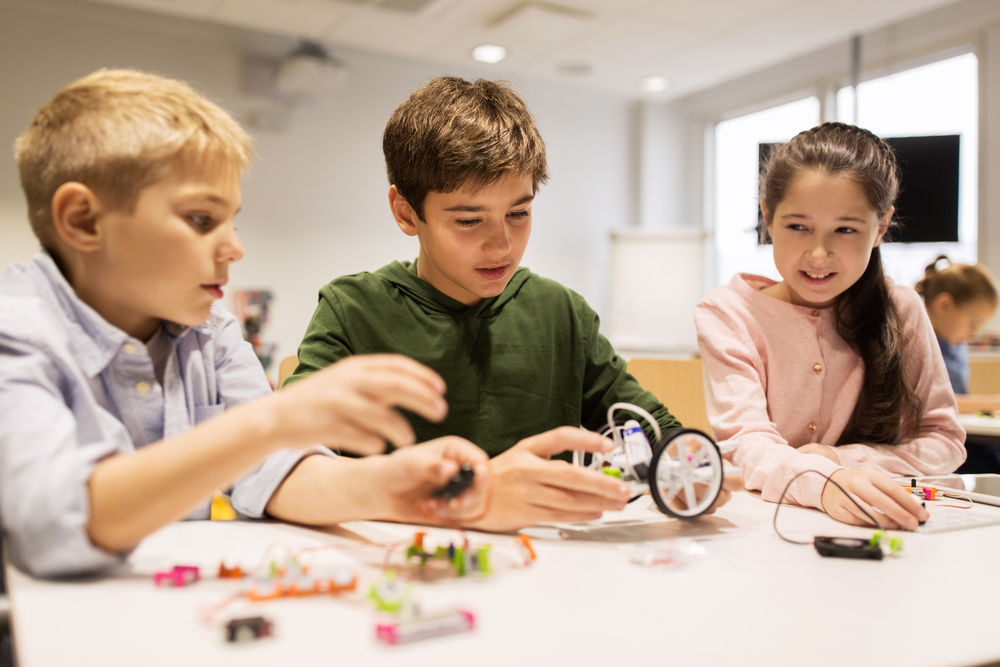Categorization skills Science Worksheets for Ages 5-6
5 filtered results
-
From - To
Enhance your child’s critical thinking and scientific understanding with our Categorization Skills Science Worksheets designed for ages 5-6. These fun, engaging activities help young learners develop essential skills by grouping objects based on common attributes. Aligned with educational standards, our worksheets promote cognitive development and logical reasoning through diverse tasks such as sorting pictures, identifying patterns, and classifying elements from the world around them. Perfect for both classroom use and at-home learning, these materials support early science education, making learning interactive and enjoyable. Ignite curiosity and build foundational knowledge with Kids Academy’s expertly crafted categorization skill worksheets.


Sorting Animals in 3 Groups Worksheet
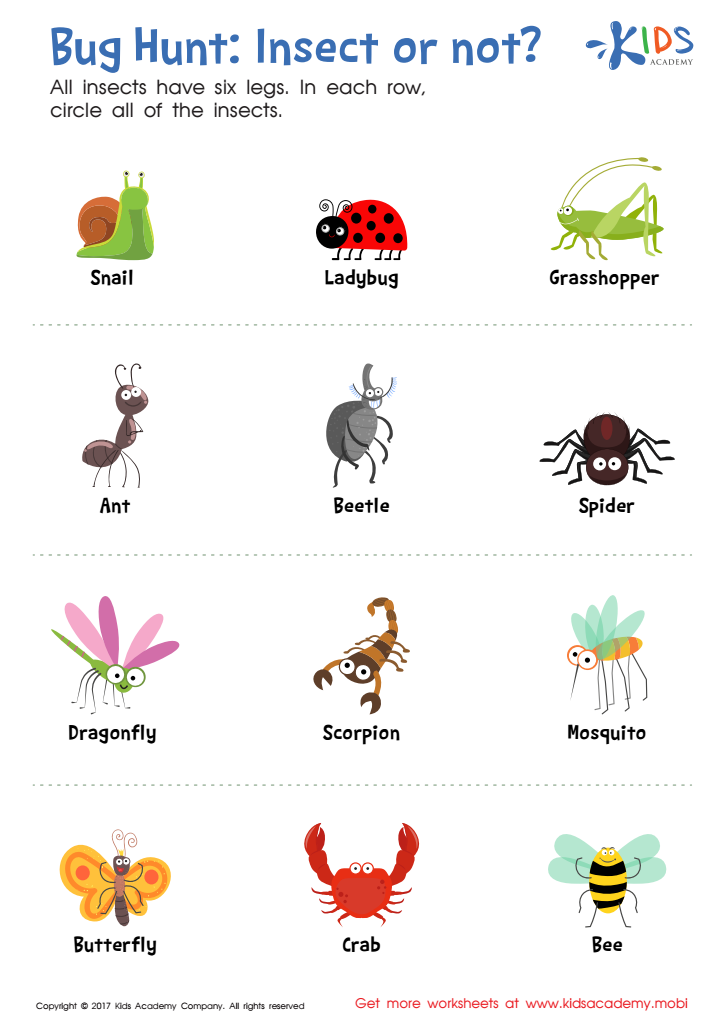

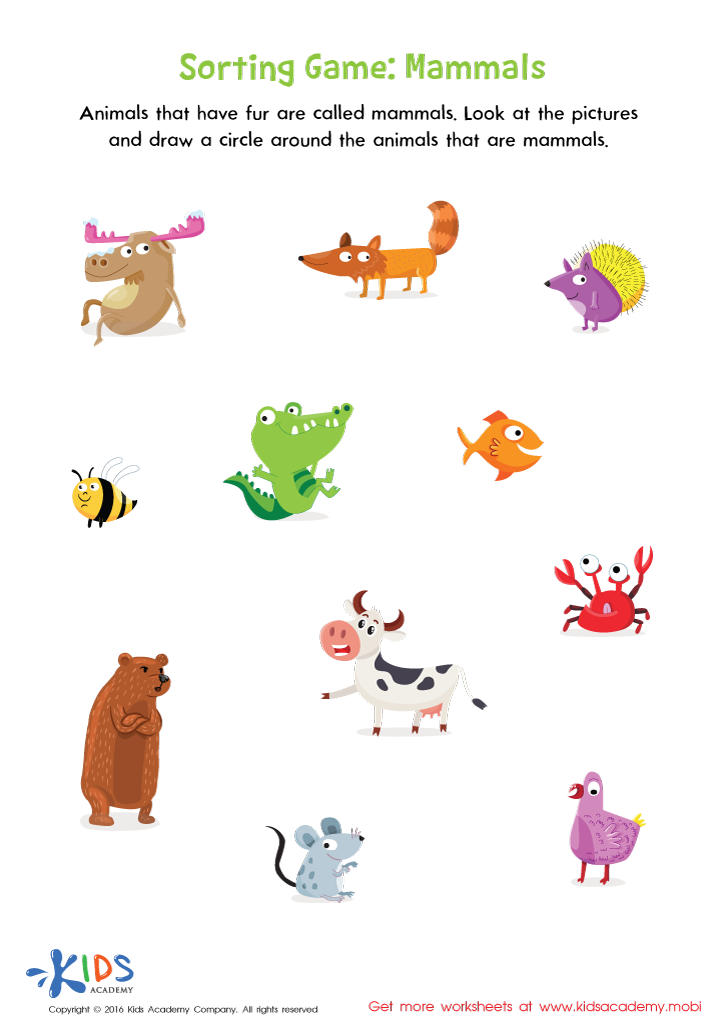

Mammals Sorting Worksheet
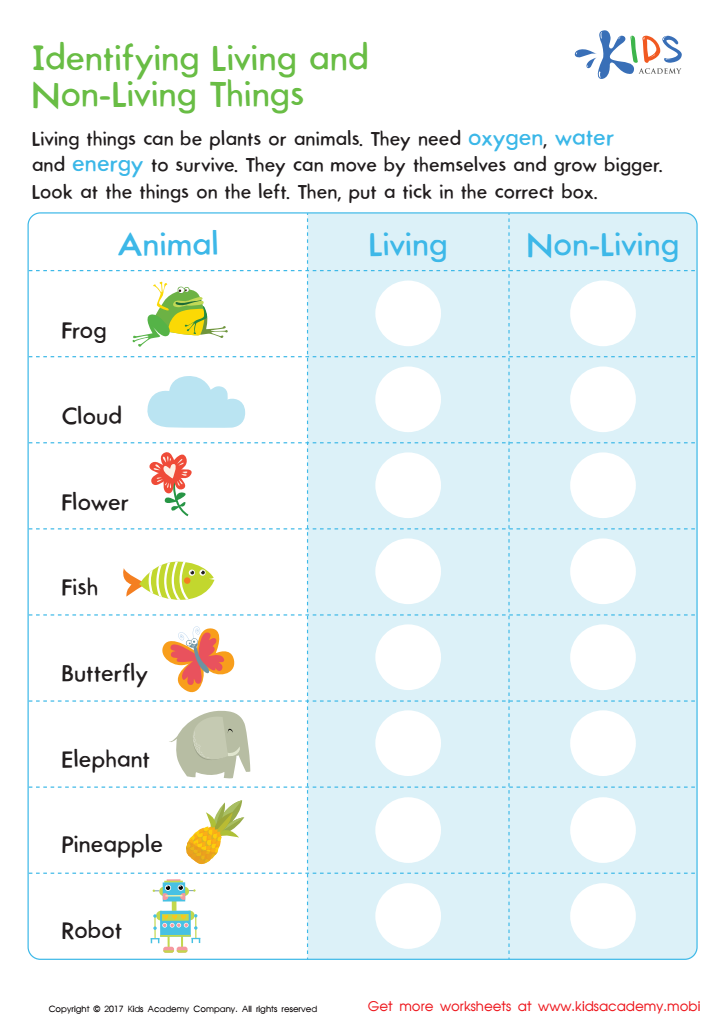

Identifying Living or Non–living Worksheet
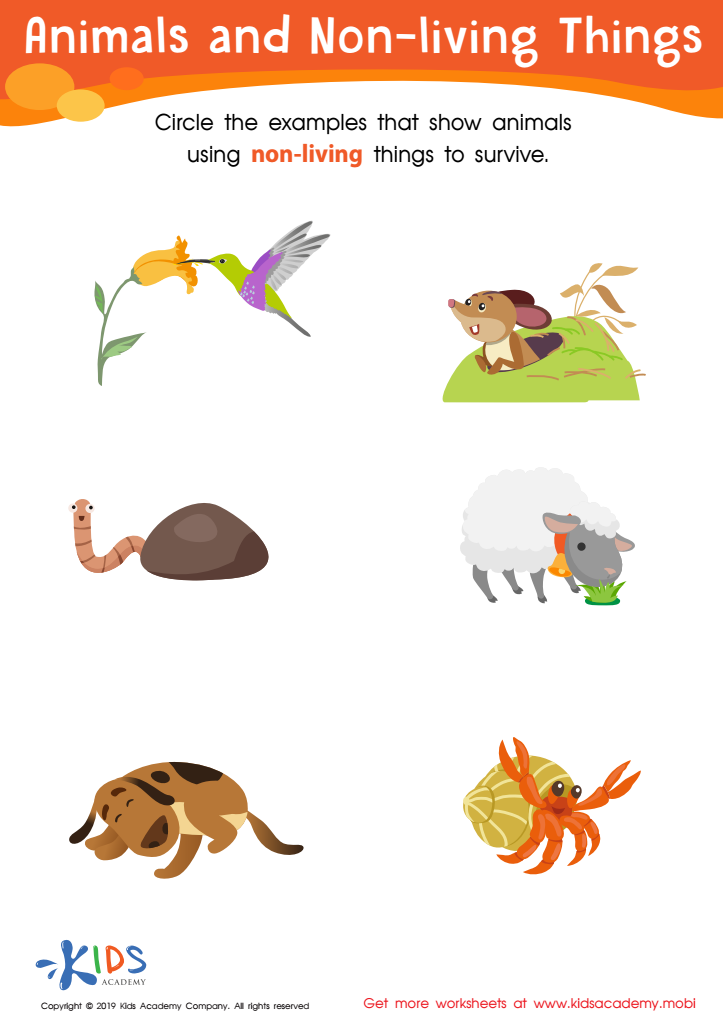

Animals and Non-Living Things Worksheet
Categorization skills are fundamental for children aged 5-6 because they help frame how young learners understand and interact with the world. At this age, kids are naturally curious and rapidly developing cognitively; categorization skills aid this growth significantly. They allow children to organize and make sense of diverse objects, information, and experiences. For example, learning to sort objects by color, size, or shape helps in establishing order and logical connections, forming a basis for more complex problem-solving skills later on.
Moreover, strong categorization abilities are crucial for classroom learning, particularly in subjects like science. Understanding which animals belong to certain habitats, differentiating types of plants, or processing material properties are all built on the skill of sorting and organizing information into coherent groups. This kind of learning nurtures critical thinking and aids the development of systematic observation skills.
For parents, nurturing these skills at home by playing sorting games or engaging in activities that encourage grouping can support their child's intellectual growth. Teachers can integrate categorization practice into various lessons, making subjects more comprehensible and enjoyable for young learners. Overall, prioritizing the development of categorization skills lays a strong foundation for lifelong learning and intellectual development.
 Assign to My Students
Assign to My Students







